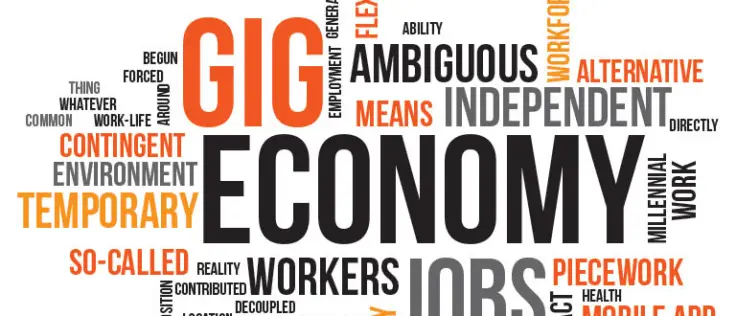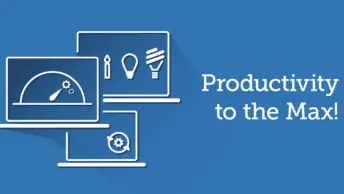Image source: Iwork
In recent years, the gig economy has emerged as a powerful force in the labour market, transforming the way people work and the way businesses source talent. This new economic landscape offers both opportunities and challenges for workers and employers alike, and it has the potential to reshape traditional employment models significantly. In this article, we will delve into the various facets of the gig economy, discuss its advantages and drawbacks, and explore its long-term implications on the world of work.
The Rise of the Gig Economy
The gig economy refers to a labour market characterised by the prevalence of short-term contracts or freelance work as opposed to permanent jobs. This trend has been fuelled by advances in technology, the rise of digital platforms, and changing workforce preferences. Online platforms such as Uber, Airbnb, and TaskRabbit have made it easier than ever for individuals to monetise their skills, assets, and time, while companies can access a vast pool of on-demand talent without the need for long-term commitments.
Opportunities in the Gig Economy
The gig economy offers several benefits for workers and employers. For workers, it provides flexibility and autonomy, allowing them to choose when, where, and how they work. This can be particularly appealing to those who prefer non-traditional work arrangements or those who need to balance multiple responsibilities, such as caregiving or pursuing higher education.
For employers, the gig economy offers a cost-effective way to access skilled professionals without incurring the expenses associated with full-time employees, such as benefits and office space. Additionally, it allows businesses to scale their workforce rapidly in response to fluctuations in demand, enhancing their agility and competitiveness in the market.
Challenges in the Gig Economy
Despite its advantages, the gig economy also presents several challenges for workers and employers. For workers, the lack of job security, benefits, and guaranteed income can be a significant source of stress and financial instability. Gig workers often struggle to qualify for mortgages, loans, and other forms of credit due to their unpredictable income streams.
For employers, managing a dispersed and transient workforce can be logistically challenging, and it may be difficult to maintain consistent quality and performance standards. Moreover, the reliance on gig workers may result in a loss of organisational knowledge and expertise as workers come and go.
The Impact on Traditional Employment
The gig economy has the potential to significantly disrupt traditional employment models. As more workers embrace freelance and contract work, companies may need to re-evaluate their human resources strategies to remain competitive. This could involve offering more flexible work arrangements, investing in the development of gig workers, or rethinking compensation and benefits packages to be more attractive to freelancers.
At the same time, the rise of the gig economy may also prompt policymakers to reconsider labour laws and social safety nets to better protect gig workers’ rights and financial well-being. This could include initiatives such as portable benefits, universal basic income, or revised tax and regulatory frameworks that reflect the unique characteristics of gig work.
Conclusion
The gig economy is a complex and evolving phenomenon that offers both opportunities and challenges for workers and employers. While it has the potential to disrupt traditional employment models and create new pathways to work, it also raises important questions about job security, worker protection, and the role of businesses in supporting their workforce. As the gig economy continues to grow and evolve, it will be crucial for all stakeholders to adapt and innovate to ensure a fair, sustainable, and inclusive labour market for the future.



